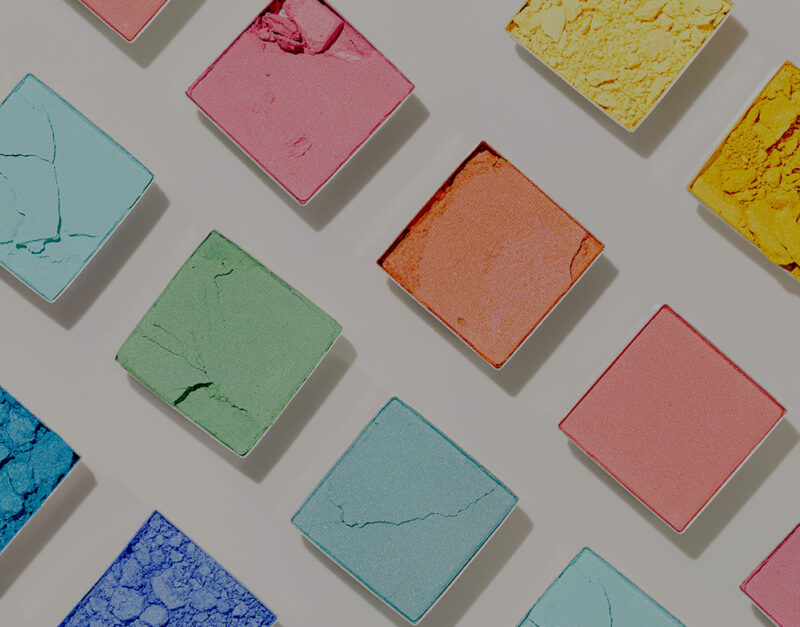 January 9, 2024
January 9, 2024 U.S. cosmetics manufacturers for the first time will be required to reveal the ingredients used in a wide range of cosmetics and personal care products on U.S. store shelves.
A new law known as the Modernization of Cosmetics Regulation Act (MoCRA) shifts the cosmetics industry away from a largely self-policed industry in which the U.S. Food & Drug Administration (FDA) had limited oversight or ability to warn consumers about dangerous chemicals found in everything from makeup to sunscreen and talc-based powders.
Tools to Identify Dangerous Chemicals in Cosmetics and Personal Care Products
Until now, the FDA did not have the power to require manufacturers to identify the ingredients used in cosmetics and personal care products or register the facilities where they are produced. That changes later this year as the new law is phased in. It also gives the FDA the authority to issue mandatory product recalls for any products deemed unsafe.
Described as the most significant expansion of the government’s authority to regulate cosmetics in more than 80 years, the MoCRA comes on the heels of a growing number of incidents in which cosmetics and personal care products have been found to contain harmful ingredients.
Products affected by the MoCRA include:
- Face and body cleansers
- Hair care products
- Moisturizers
- Nail polish
- Perfumes
- Shaving cream
- Skincare products
“It’s shocking to think that makers of cosmetics and personal care products have had no real oversight to ensure that products we place on our bodies are safe,” said Waters Kraus Paul & Siegel attorney Patrick Wigle, who represents individuals who have been harmed by exposure to asbestos and other dangerous chemicals. “It’s past time for the FDA to shine a light on the safety of these ingredients.”
Cosmetics and Personal Care Products Known to Contain Dangerous Ingredients
In recent years, lawsuits by cancer victims have brought greater attention to the safety of cosmetics and personal care products. Popular products have been found to contain carcinogens, including:
- Johnson & Johnson has been embroiled in controversy over thousands of lawsuits filed by cancer victims surrounding the presence of cancer-causing asbestos in its talc-based products, including Johnson’s Baby Powder. Internal J&J documents obtained in litigation show that company officials were aware for decades that talcum powder could be contaminated with cancer-causing asbestos but did not alert the FDA or consumers about these safety concerns.
- Independent studies found numerous brands of sunscreen were contaminated with detectable levels of cancer-causing benzene, including products sold by Aveeno, Banana Boat, Coppertone, EltaMD, Goodsense and Neutrogena, among many others.
- Asbestos was found in makeup products from tween retailers Justice and Claire’s in 2017 and 2019. The retailers ended up removing the products from store shelves on their own; the FDA was only able to advise customers not to use the products.
While the new legislation sets the bar higher for manufacturers, it does not specifically ban or restrict ingredients in cosmetic products.
“For consumers, knowledge is power, so this is an important first step,” Wigle said. “The cosmetics and personal care industry has a long way to go to regain the trust of consumers.”
How We Help Victims of Asbestos Exposure
Seek justice with the help of our experienced asbestos attorneys. For over 20 years, our asbestos law firm has represented individuals like you, affected by asbestos exposure, by aggressively fighting the corporate giants responsible for their dangerous products. If you or a loved one was exposed to asbestos or suffered from a disease caused by asbestos, like mesothelioma, we can help.


